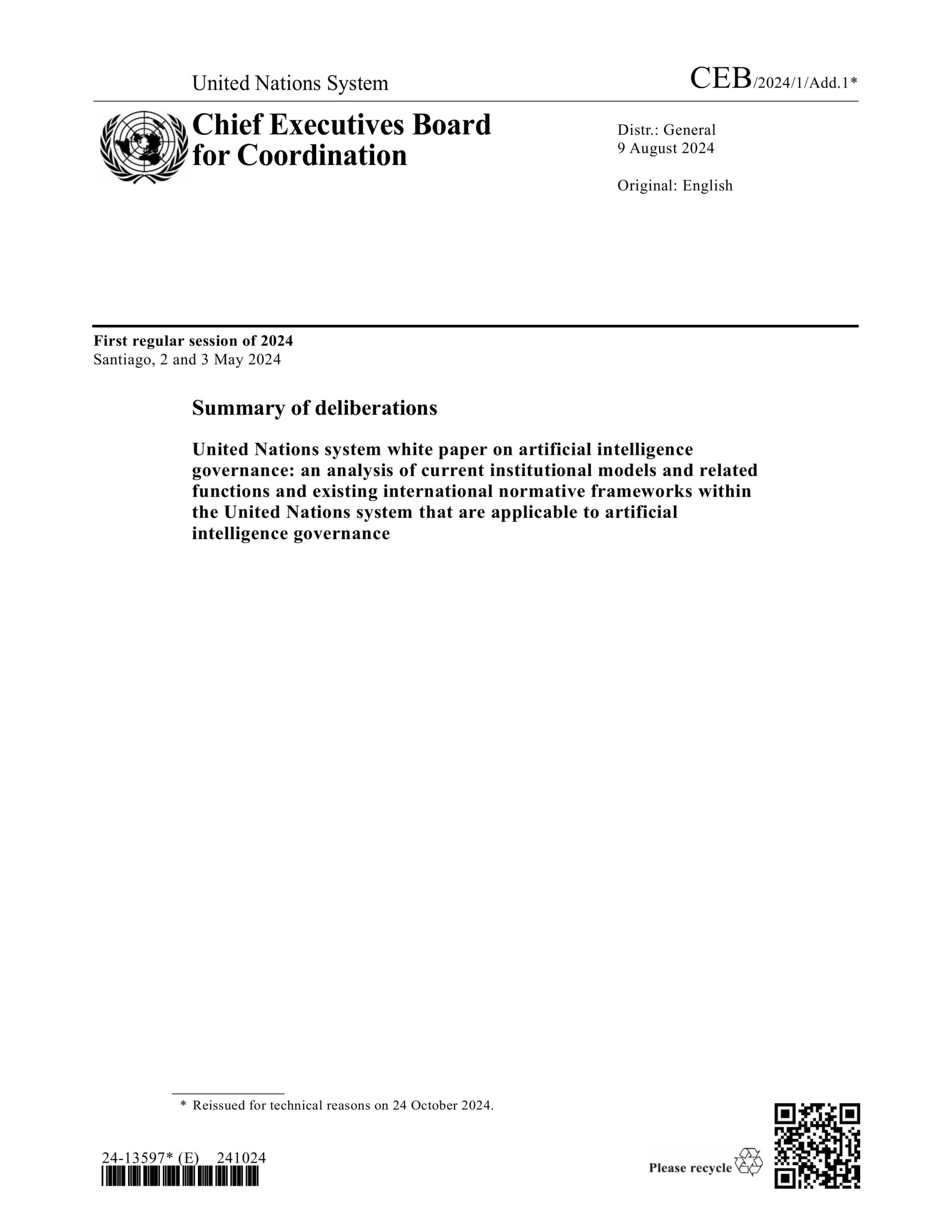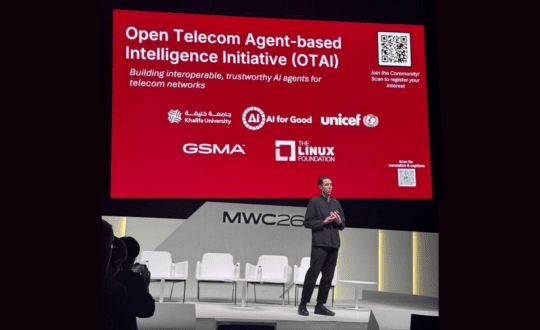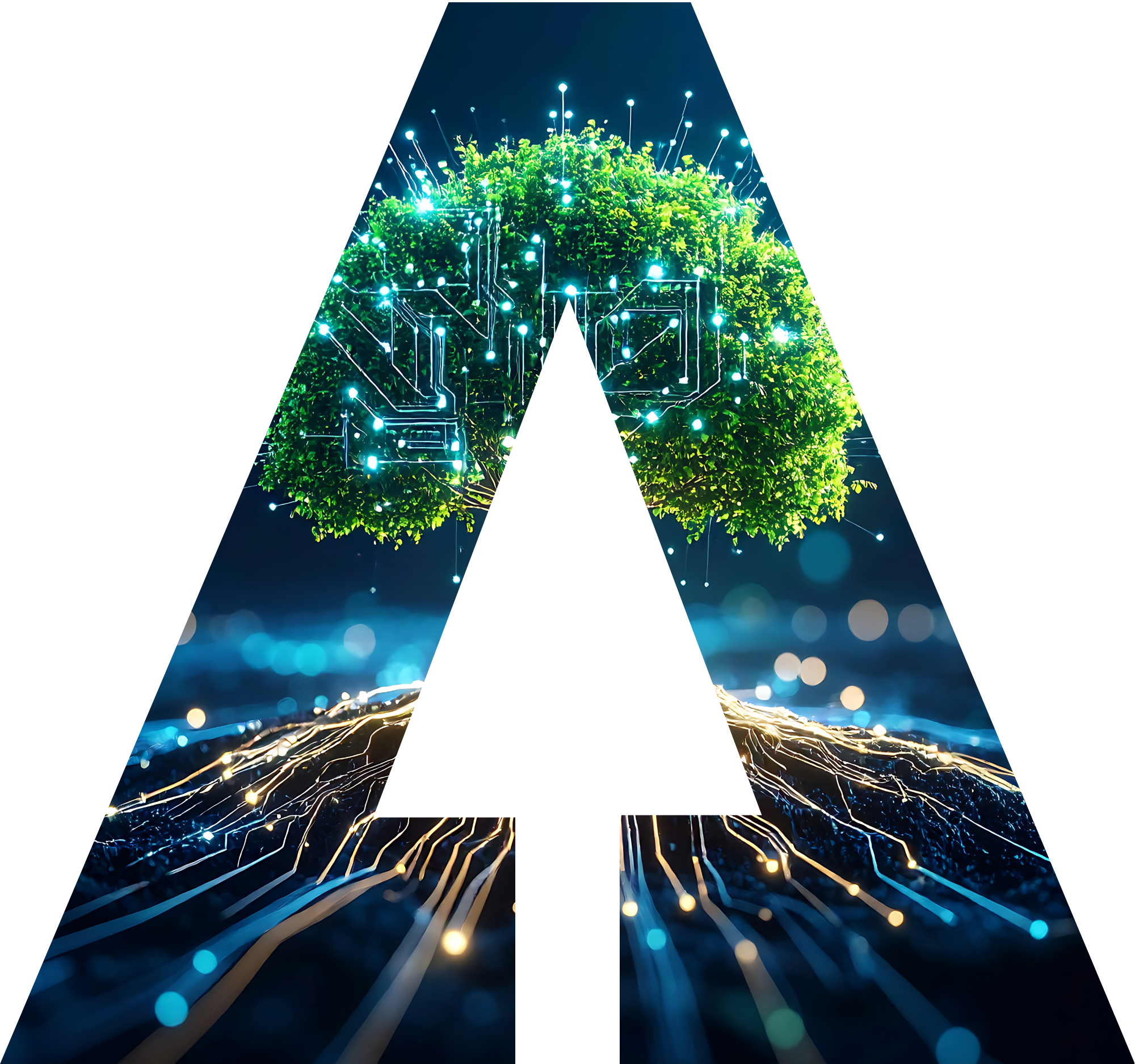An analysis of the UN system’s institutional models, functions, and existing international normative frameworks applicable to AI governance.
The world is undergoing a fundamental technological shift in the age of rapid digitalization and deployment of artificial intelligence (AI) technologies. AI holds significant potential to be harnessed to support inclusivity, reduce inequalities, rescue the Sustainable Development Goals (SDGs) and bolster the operations of the United Nations (UN) system. However, harnessing the positive impacts of AI requires careful attention to ethical considerations, including safeguarding data privacy, mitigating biases, and ensuring transparent decision-making processes. It is therefore important to make the most of AI’s opportunities while addressing risks and harms.


 Register here
Register here











